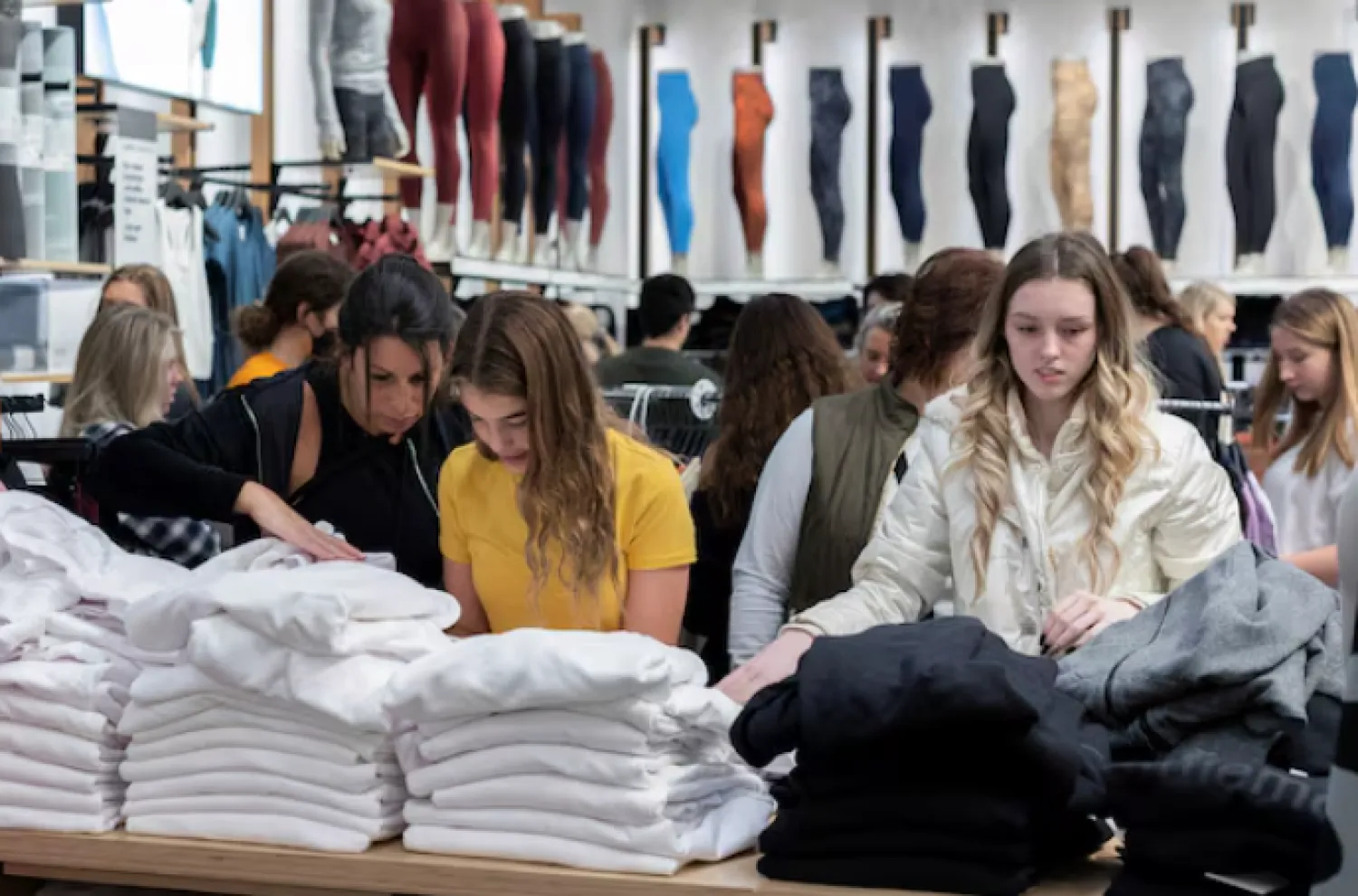The US economy grew more slowly in the first quarter than previously estimated after downward revisions to consumer spending and a key measure of inflation ticked down, keeping the Federal Reserve on track to possibly begin cutting interest rates at least once before the end of the year.
Gross domestic product - the broadest measure of economic activity - grew at an 1.3% annualized rate from January through March, the Commerce Department reported on Thursday, down from the advance estimate of 1.6% and notably slower than the 3.4% pace in the final three months of 2023, Reuters reported.
The first-quarter growth downgrade suggests the US central bank's aim of gradually cooling the economy through high interest rates is having an impact as consumers increasingly balk at higher prices, although it remains uncertain whether the weakening trend in inflation will continue. Corporate profits dropped for the first time in a year, falling 0.6% to $3.39 trillion from the fourth quarter's record high.
"The downward revision to economic growth as well as smaller downward revisions to inflation make the Fed a little more likely to start reducing interest rates by September," said Bill Adams, the chief economist at Comerica Bank. "With the economy operating in low gear, a margin of slack capacity is opening up, and consumers are feeling less flush."
That was illustrated by data from the National Association of Realtors on Thursday that showed contract signings for US home purchases fell by the most in three years in April and the overall level of activity was the lowest since the onset of the COVID-19 pandemic in the spring of 2020.
Details of the GDP report showed that consumer spending growth, revised down by half a percentage point to a 2.0% annualized rate, mostly reflected a larger-than-earlier-reported drop in household spending on goods. Outlays for big-ticket durable goods like motor vehicles and parts dragged on growth by the most since the third quarter of 2021. That drag outpaced upward revisions in the report to business investment, driven mostly by spending on Artificial Intelligence and other technologies, and residential investment outlays, which reflected increased single-family homebuilding.
A measure of inflation during the first quarter was also revised down to 3.3% from 3.4%, the stiffest quarterly price-pressure growth in a year.
After easing through much of last year, measures of inflation came in higher than expected to start 2024, driving Federal Reserve policymakers to push back expectations for when they'll be able to pivot to interest rate cuts.
Consumers Curb US Economic Growth in Q1

Shoppers show up early for the Black Friday sales at the King of Prussia shopping mall in King of Prussia, Pennsylvania, US November 26, 2021. REUTERS/Rachel Wisniewski Purchase Licensing Rights

Consumers Curb US Economic Growth in Q1

Shoppers show up early for the Black Friday sales at the King of Prussia shopping mall in King of Prussia, Pennsylvania, US November 26, 2021. REUTERS/Rachel Wisniewski Purchase Licensing Rights
لم تشترك بعد
انشئ حساباً خاصاً بك لتحصل على أخبار مخصصة لك ولتتمتع بخاصية حفظ المقالات وتتلقى نشراتنا البريدية المتنوعة








